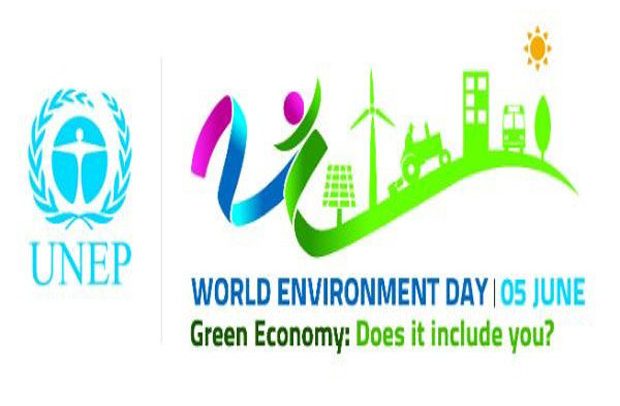Ghana has joined the global community to mark the World Environment Day (WED) on the theme: “Protect Biodiversity: Our Survival Depends on it”.
The Environmental Protection Agency (EPA), under the auspices of the Ministry of Environment, Science, Technology and Innovation (MESTI), organized a virtual event to commemorate the occasion on June 5.
The celebration of WED 2020 via digital and virtual platforms, which is a departure from the norm, is in keeping with the presidential directives on social gathering in the fight against Covid-19.
In a commemorative release, EPA Director, Corporate Affairs Directorate, Angeline Mensah, said the UN Environment Programme has indicated that the emergence of Covid-19 has underscored the fact that when our biodiversity is destroyed, the system that supports life also gets destroyed.
She said the more variety of living things (plants, animals) that exists, the more it is difficult for one pathogen/virus to pass between animals and people.
“As a people, we have changed the world’s system that naturally protects us, through our actions such as deforestation, encroachment on wildlife habitats, intensified agriculture and acceleration of climate change,” she stated.
She said about one billion cases of illness and millions of deaths occur every year from diseases caused by viruses; and about 75% of all emerging infectious diseases in humans are zoonotic, meaning, they are transmitted to people by animals.
“The EPA urges the general public to protect the country’s biodiversity, especially endangered plant and animal Species to safeguard our health and future livelihood.
We also encourage the media to educate the public and create more awareness on the need to protect biodiversity in particular and the environment in general,” she urged.
According to the United Nations Environment Programme (UNEP), which organizes the annual event, up to one million plant and animal species are facing extinction, and there has never a more important time to focus on the issue of biodiversity.
The WED was initiated by the UN in 1972 as a major vehicle of the world body to create awareness and call for action from individuals, corporate bodies and state actors to protect the environment.
Since its inception, WED has helped to address many critical environmental issues, including biodiversity, marine pollution, desertification, global warming, climate change, human overgrowth, air pollution, sustainable consumption and wildlife protection.
By Jamila Akweley Okertchiri


